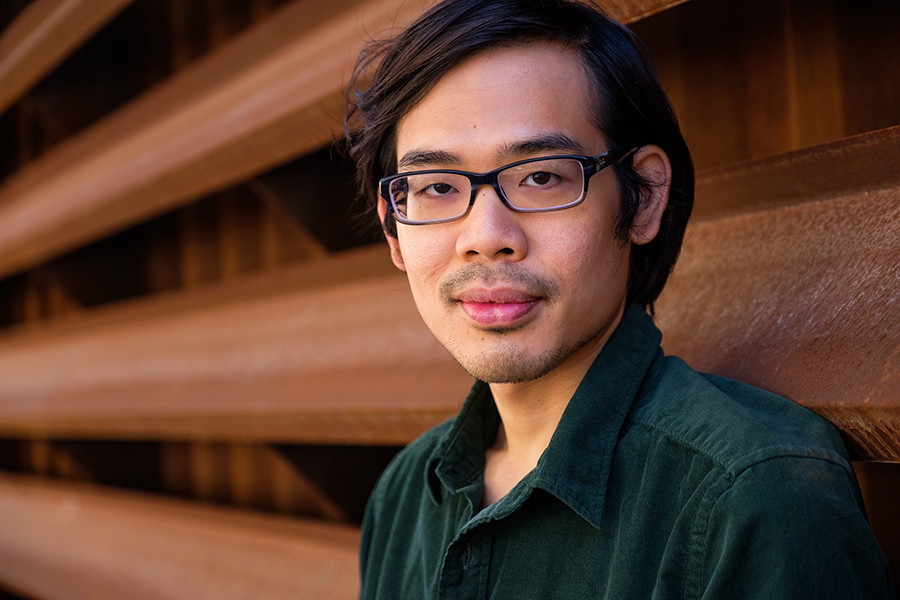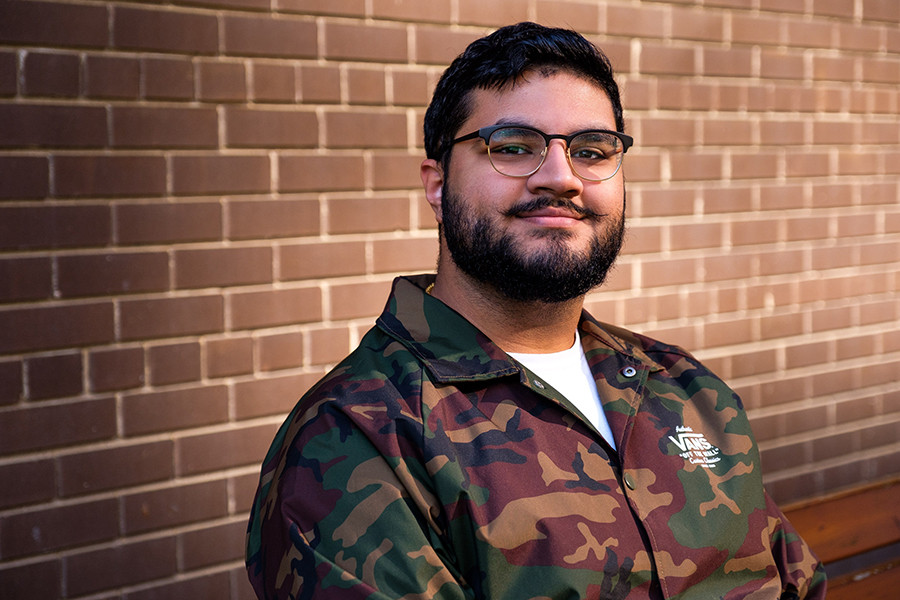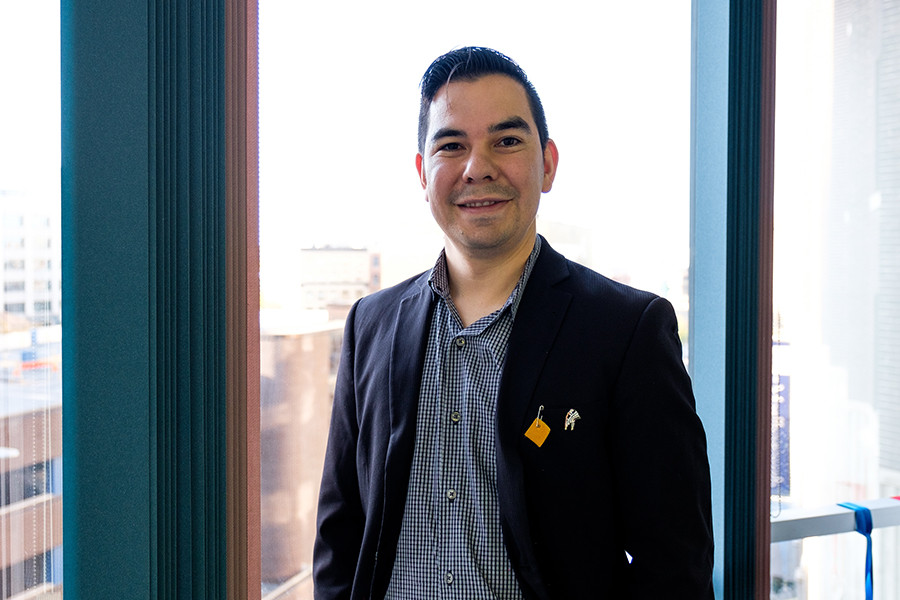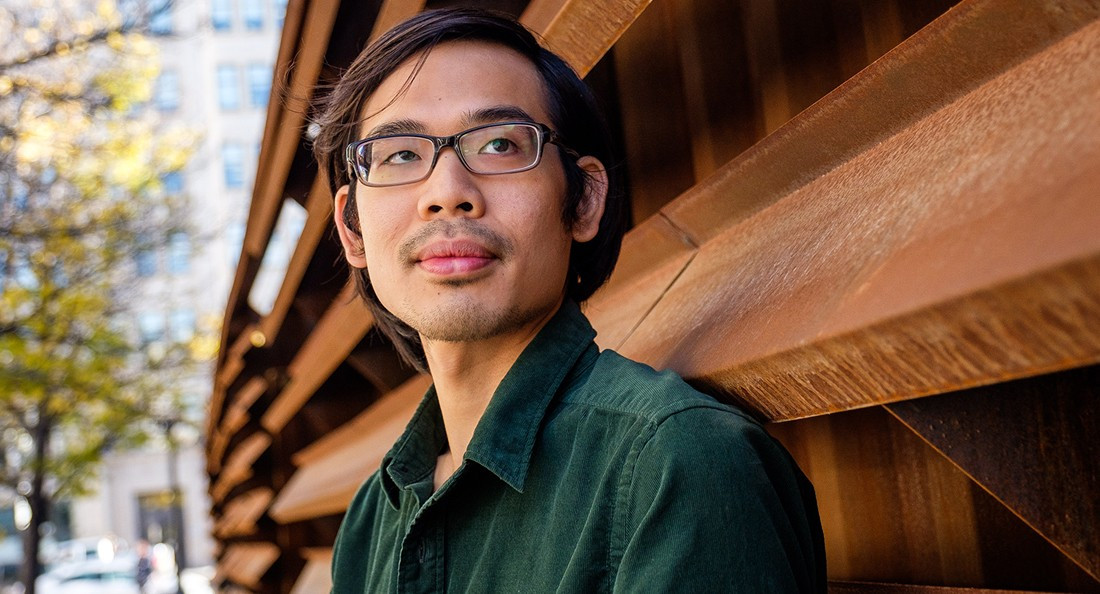Perceptions of diversity in Winnipeg
Uncovering social realities and issues faced by marginalized communities
Winnipeg is a melting pot of cultures and traditions. It is home to people from different origins, religions and ethnicities, who speak different languages and follow different traditions. The city’s diversity is a direct outcome of an increase in immigration, past colonial settlements and a significant local Indigenous community. Multiculturalism is reflected in everyday interactions and bleeds into society’s changing political and cultural fabric.
Immigrants account for approximately 20 per cent of the population in Canada, and this number is even higher for Winnipeg. The Indigenous population in Winnipeg is one of the highest per capita in Canada, which makes it significant in the city’s diverse ethnocultural makeup.
While the numbers paint a rosy picture of diversity, they tend to conceal the truths and realities associated with Winnipeg’s multiculturalism.
Boardrooms and political councils are quintessential examples that highlight the irony behind these numbers. For an ever-so-diverse province, it took 150 years to elect the first Black MLAs: Uzoma Asagwara, Jamie Moses and Audrey Gordon. This win was a historic moment, not just for the Manitoba Legislature, but also for the 30,000 Black Canadians in Manitoba who now have someone who looks like them in the Legislative Assembly.
This feat, though widely celebrated, might lead people to question why it took so long to get to this point, despite the city’s notion of diversity. It also puts into perspective why, in 2019, Winnipeg’s boardrooms and executive suites look somewhat similar to 50 years ago.
Where are you really from?
A question BIPOC (Black, Indigeneous and People of Colour) folks and migrants often get asked is “where are you really from?” This not-so-innocent question is often asked based on a person’s appearance. The question outwardly assumes BIPOC folks to be non-Canadian. The people asking this question often also say it’s okay to look different but knowingly or unknowingly still judge people based on how they look.
Anthony Huynh, an organizer with Migrante, a group that advocates for the rights and welfare of migrant workers, says “Canada is a white settler-colonial country with a history of colonialism and slavery. This context has permeated our everyday reality and relationships with people.”
“With my research, I’m going full circle. I’m honouring my past by doing research to make a difference.” - Anthony Huynh
When someone’s identity and origin is questioned, it can do more harm than some people might imagine. When young BIPOC Canadians are asked this question, it can lead them to wonder if they belong.
“I was one of the few Asian people in (a high school) class. I always felt that I was neither here nor there. I felt my identity was always being confronted and challenged,” Huynh says. “With my research, I’m going full circle. I’m honouring my past by doing research to make a difference.”
Funded by the Canadian Institutes of Health Research, Huynh’s doctoral research is focused on issues impacting migrant workers in Canada.
“In a way, Canada is an industry that is based on the exploitation of migrants and Indigenous peoples,” they say. “We have neo-liberal policies and trade agreements that force migrants to leave their countries and move here. I want to speak to the marginality but also to the powers that reinforce that marginality.”
Newcomers to the city add to its cultural framework and contribute immensely to its economic growth. They are solutions to Canada’s problems of ageing populations and the shortage of skilled labour in a number of sectors and industries.
But despite playing an important role in the economy, migrants, refugees and Indigenous groups are often forced to feel as if they don’t belong. However, there are groups and organizations working to overcome those stereotypes through open conversations and discussions.
The University of Winnipeg’s (U of W) student groups are an example of initiatives that offer people of different origins, varying sexual orientations, People of Colour and other marginalized groups a safe space to connect. One such group is the Indo-Canadian Students’ Association (ICSA) at the U of W, which encourages the exchange of ideas and conversations among international and Canadian students on campus and pushes for social change.
Harneil Aulakh, ICSA co-chair, says, “A big focus of ours this year will be on the international students. They do face a lot of hardships coming out here.” As a first-generation Canadian, he believes in helping international students during their transition to a new country.
“Having a group at (the) U of W being there for you just makes it a lot easier for Indian students. A lot of people struggle in jobs and school when they move here. You have to see it from a humanity standpoint and help them irrespective of whether they’re Indian, Filipino or belong to whichever religion,” Aulakh says.
Harneil Aulakh, co-chair of the Indo-Canadian Students' Association at the U of W.
One out of five Canadians is foreign-born. The question that needs to be asked is why, despite spending major parts of their lives in Canada, are they treated as outsiders?
The Indigenous perspective
Indigenous people account for 12 per cent of Winnipeg’s population, a percentage that is higher than the Canadian average. Issues and challenges faced by this community find its roots in Canada’s colonial history, residential schools, the Indian Act and other discriminatory policies. The atrocities committed against this group impact these communities to date.
Jim Thunder, who works at the Assembly of Manitoba Chiefs as an economic and business development officer, says, “Our colonial history, in part, was focused on separating Indigenous people from their culture, their history and Indigenous identity.”
Thunder, who self-identifies as First Nations, faced issues growing up that motivated him to help solve problems his community has faced for centuries.
Jim Thunder, economic and business development officer for the Assembly of Manitoba Chiefs.
“I grew up not knowing a whole lot about my cultural identity and who I was, and (I) wasn’t aware of our history of colonialism. I wasn’t aware of what the treaty was and wasn’t aware of how policies such as the Indian Act affected the way that I lived, the way that I grew up,” Thunder says.
The past is often thought to determine the present. It also affects perceptions, relationships and actions in more ways than one.
“We have a history that is still haunting us. There is hate, but there are also people fighting for hope and change,” Huynh says.
People have to be the ones leading the change, and Thunder, with dedication toward his culture and community, has started a nonprofit called Reconciliation Thunder. He started this organization “to advocate for Indigenous people and explain the basics of reconciliation and the need to appreciate Indigenous people and their culture.”
He continues to inspire and spread awareness through public speaking on issues related to reconciliation and decolonization. He says that “there are a lot of things I wish I had known and a lot of things I want the new generation to know.”
The way forward
Diversity and multiculturalism can be said to be overarching concepts, but what really matters is inclusion and belongingness. This sense of belongingness can be achieved through open conversations and awareness of minority issues. These notions translate into actions when people internalize the feelings of equality and find strength in diversity.
According to Aulakh, inclusion and acceptance in the simplest form could mean greeting someone with a smile, being open and helping out people.
Education and research are other avenues that can empower people and provide them with the means to question and probe. By creating spaces of discussion and holding people in power accountable, Winnipeg and Canada can truly benefit from its diversity.
“Research can be used to spread awareness to policymakers and to people who are in a position of disadvantage. I’m hoping my research will help provide the migrant workers with the tools they need to speak out. I know that can be terrifying, but there is always strength in numbers,” Huynh says.
The first step toward invoking a sense of belonging is to not let anyone question a person’s identity.
It’s “easier said than done, but (my) advice would be to not let them get to you. Tell yourself that you have done a lot of things to get here. Be true to yourself and don’t let others bring you down,”
Aulakh says.
For People of Colour, Huynh says, “I want to tell them that you belong here, your voice needs to be heard, and you are not alone.
“Don’t be afraid to be more than what they expect of you.”
Published in Volume 74, Number 6 of The Uniter (October 10, 2019)







